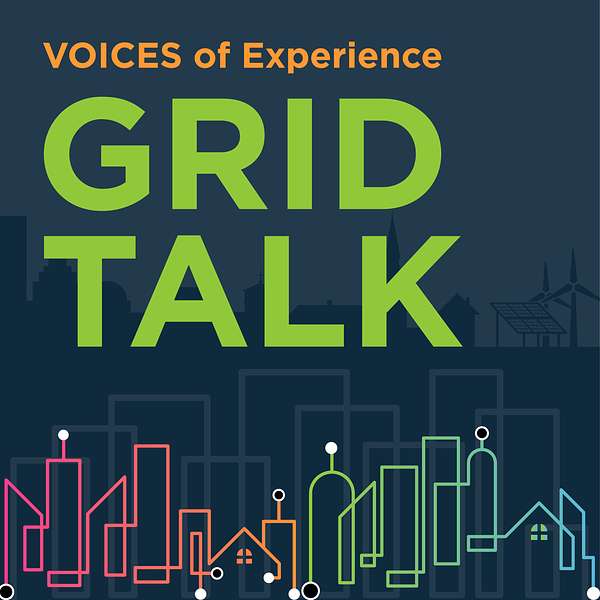
Grid Talk
Grid Talk
From America to Germany - The Race to Climate Neutrality
Germany and Europe are somewhat envious of the massive federal spending now underway in America to ready the grid and the energy economy to combat climate change.
That’s according to Simon Müller who is one of Europe’s leading thinkers on the future of energy and sustainability. As the director of the think tank Agora Energiewende, he took time to explain his views on the Department of Energy’s Grid Talk Podcast.
“When it comes to the buildout of renewable energies actually what we see in jurisdictions across the world is that now that you really have very competitive costs that it doesn’t take that much political will any more to go for quite large amount of renewables,” said Müller.
After the global economic downturn from the Covid pandemic, Europe has watched the U.S. government put in place a stimulus package built around investments in clean energy and the electric power grid.
“When you look at policymakers in Germany but also in Europe, they’ve been looking to the United States and the Inflation Reduction Act with a certain degree of envy. Why? Because it’s been perceived as being very successful at attracting investments in technologies that are very promising for the future and that are very strategic and position the United States on clean energy technologies.”
Europe has struggled to match that government support.
“If we want to also play a role as a manufacturing hub going forward, we have to get our act together to find a response to that act in the U.S.”
Simon Müller is Director Germany at Agora Energiewende. He leads Agora's work in Germany on overarching energy and climate policy issues as well as in the areas of electricity, heat and energy infrastructure. Müller has advised governments in over 20 countries on six continents and coordinated and authored various studies on the transition of the power and energy system to renewable energies.
Müller is an alumnus of the Mercator Followship on International Affairs and is a member of the advisory board of the DLR Institute for Networked Energy Systems. He studied in Oldenburg, Bremen and Berlin (psychology, physics) and holds a M.Sc. in physics.